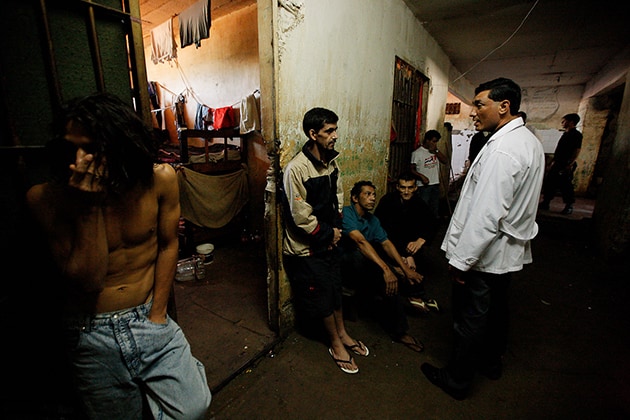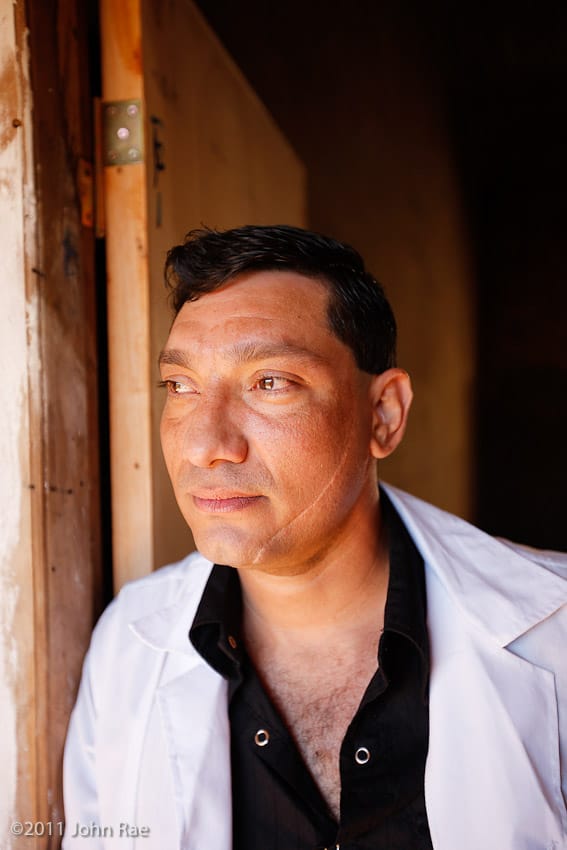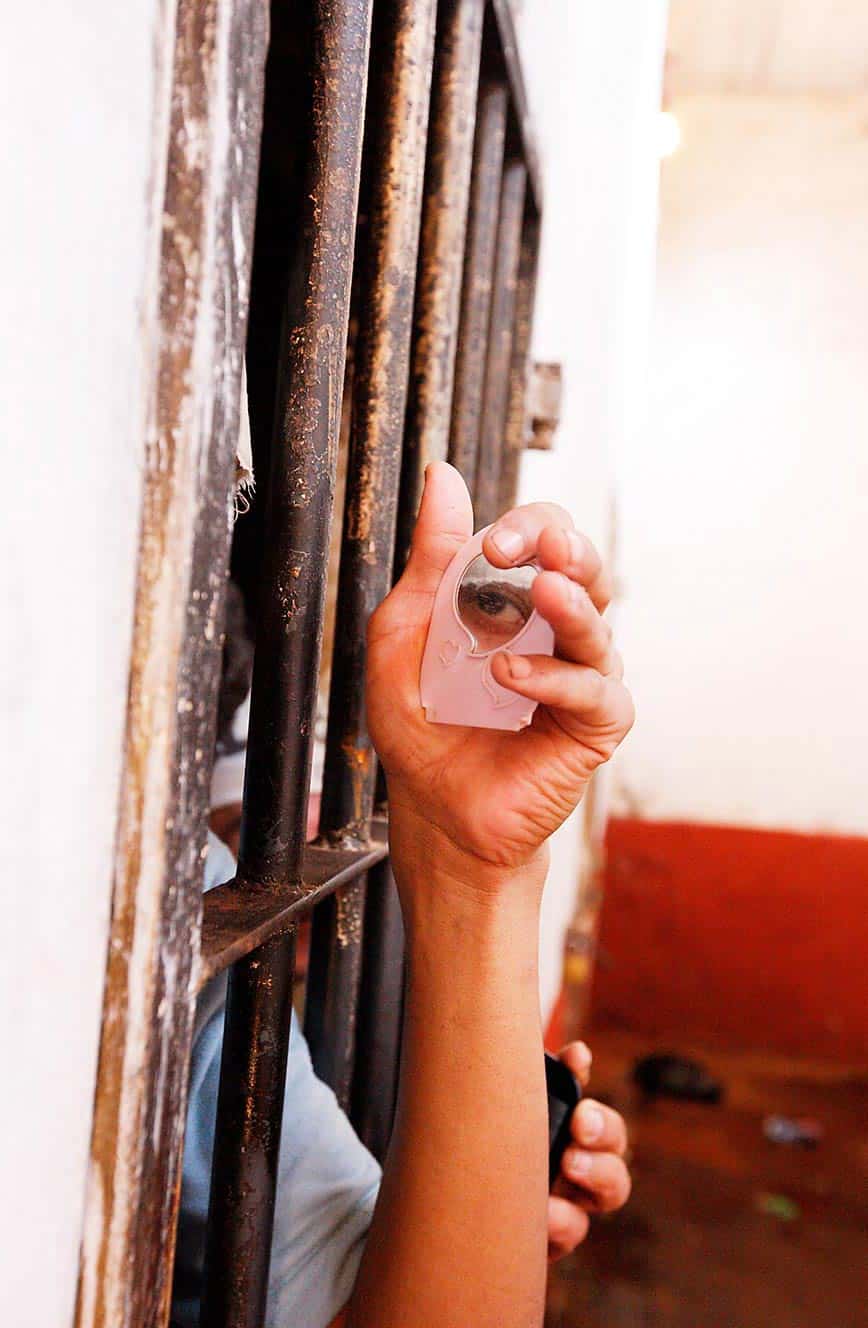Stories from the field represent a series of remembrances from over a million miles on the road.
September 2008
I was in Cuidad del Este, Paraguay on assignment for the Global Fund. CDE is defined by hyperactive cross border trading with Brazil. And, as you might guess, it’s prisons are full of traders, fixers, and others who have put their toes well over a few legal lines. We had come to CDE Regional Prison to document a successful Global Fund sponsored program that fights the spread of TB. Prisons are incredibly good incubators of TB because conditions tend to be crowed, dirty, and wet. TB is transmitted through the air, mostly through coughing. So if you are locked in a crowded cell, it is difficult to protect yourself from infection. Stopping the spread of TB in prisons is important because, as one guard put it, “Sooner or later you are going to have to let them out”.

Upon entering the prison you have to give up your wallet, cell phone, passport, and anything else in your pockets. We are introduced to Juan Carlos who is the head outreach worker for the prison. He is a handsome ex-inmate who is about 6’5” tall, all muscle, with a scar that runs from above his left ear to under his chin. He is tasked with entering the cell blocks to check on the inmates. He has been trained to look for the signs of TB, educate inmates about TB, and to dispense medication when needed. I ask to join Juan Carlos on his rounds to make photographs and interview some of the inmates. He looks skeptical. Turns out that Juan Carlos goes deep into the prison- further than any of the guards. The guards make it clear that they cannot be responsible for my safety. With a deep breath I say, “OK lets go”. We both put on white smocks to differentiate us from the prisoners who wear street clothes. Juan Caros tells us that TB is a problem in CDE Regional Prison but the program is seeing a lot of success.
We walk through the series of gates that puts us beyond the reach of the guards. They follow us a bit of the way but soon we are on our own. I turn to Juan Carlos and without thinking ask him if he has had any trouble. I quickly realize that we are committed to our journey and it’s kind of a dumb time to ask now. Juan Carlos replies that sometimes he gets mugged. Since we have left all our valuables at the guard station, I wonder why he would get mugged. Juan Carlos says that because the inmates wear street clothes, anything we are wearing is valuable. I ask if they take his shoes? He replies, “Yes”. His shirt? “Yes”. His pants? “Yes”. His underwear? I hold my breath… “Yes”. So, Juan Carlos, what do you do then? He says “I put on a big smile and walk back out”.
The rest of the walk-through is inspiring. Juan Carlos is a hero to the inmates. They understand that he literally takes their life in his hands as he risks his own. Juan Carlos’s arrival in the cell block is greeted with hugs and at least a couple of hoots. I can feel his concern for the inmates as he goes about asking how they are and if anyone is developing a cough. He checks a couple of guys with TB to see if they are adhering to their treatment. The walk through the prison takes four hours. We could have done it in about a quarter of that time but Juan Carlos has a habit of stopping to talk to any and all who need his attention.
This is why I keep coming back to work for the Global Fund. Watching the Heroes of Healthcare working on the front lines, often in challenging conditions, is truly a privilege.



